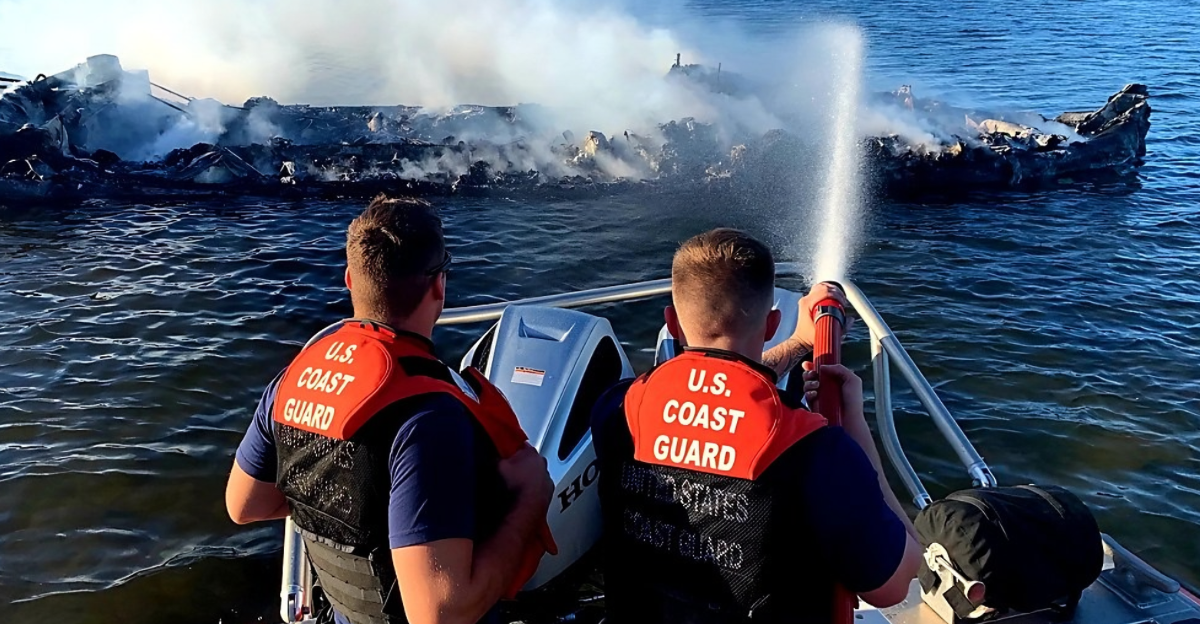
Recently, a boat was halted in its tracks after it was found to have an invasive species hiding on board. The 45-foot-long boat was heading straight to Lake Tahoe and would have had terrible consequences on the local ecosystem.
Boats can often be smugglers of invasive species either intentionally or by complete accident, as animals can get into ballast tanks or stick to the sides of hulls. The boat was inspected in the nick of time before being quarantined, making the situation too close for comfort.
A Vital Environment
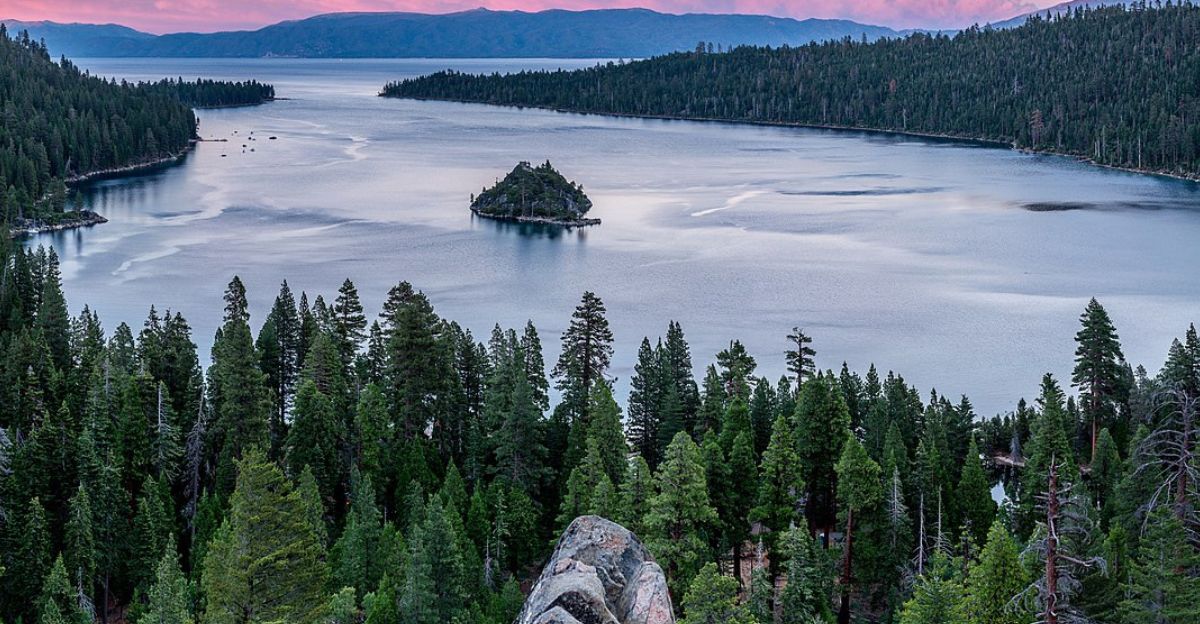
California is clamping down on boats bringing in invasive species as its waterways, including its lakes and rivers, are important for the state’s agriculture, industry, recreation, and drinking water.
Because most of these systems are interconnected, an invasive species that gets into one part of the system can travel freely to infest new areas.
Golden Mussels
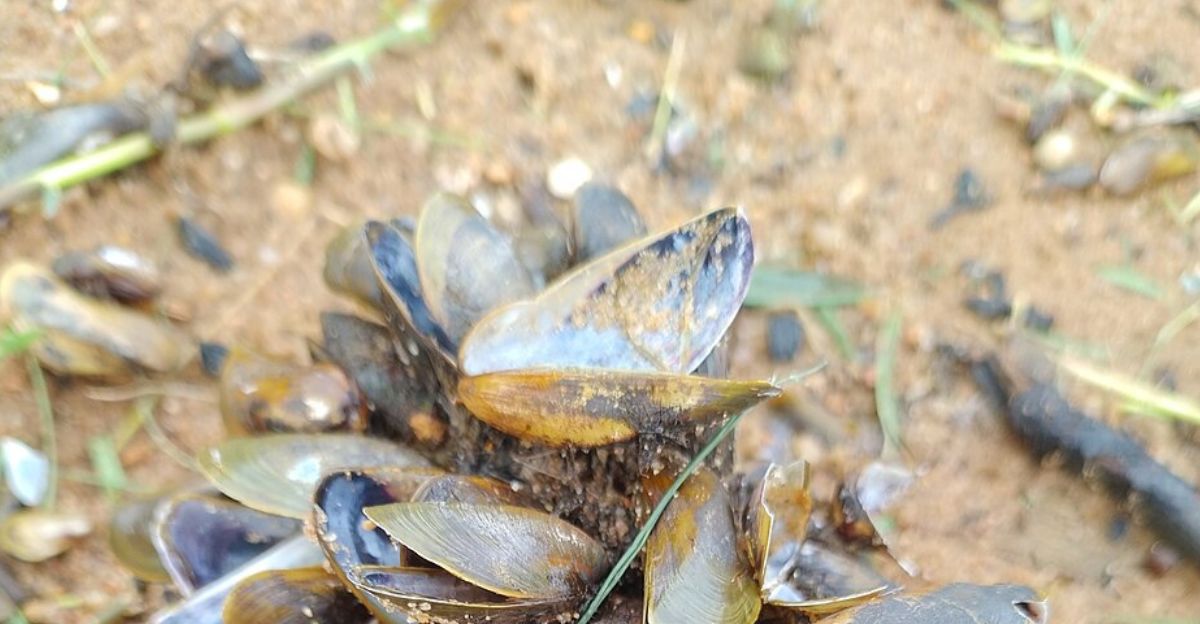
The species found on the boat are not the first of their kind to be found on U.S. soil. Golden Mussels were first discovered in North America in 2024 and are native to Asia.
They can be difficult to pick out, as they resemble quagga and zebra mussels. However, these invaders are far more dangerous to local ecosystems due to their adaptability and rapid spread.
Economic Consequences
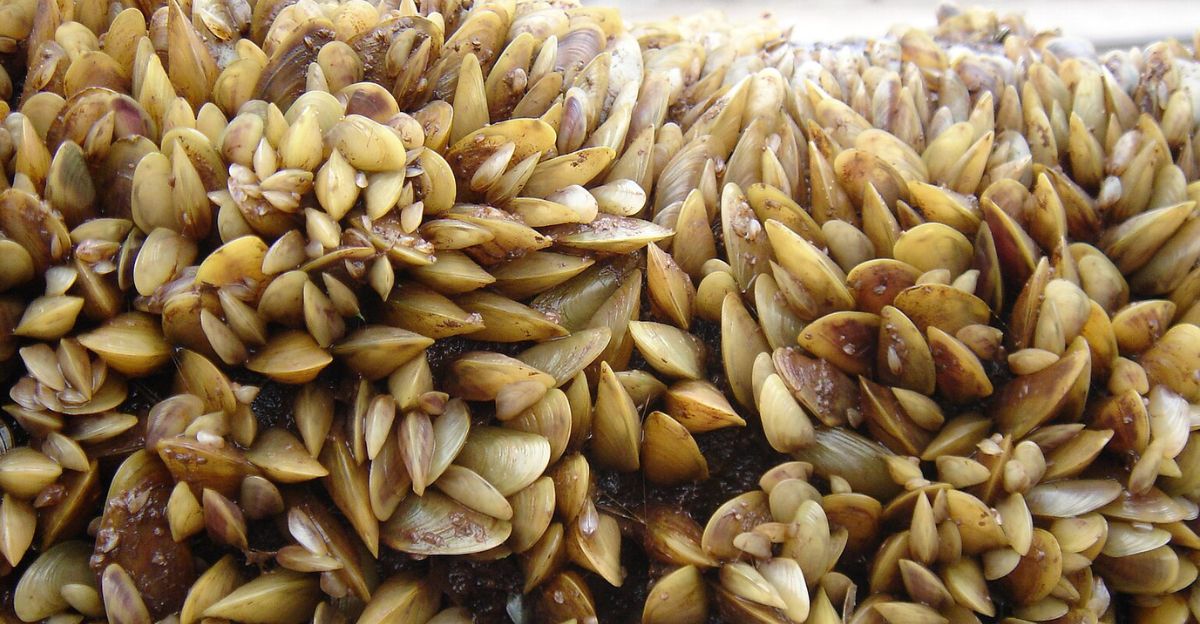
Golden mussels invading the U.S. in large numbers would cause unprecedented ecological implications. The mussels themselves clog water pipes, intakes, and hydroelectric infrastructures.
This means that many systems have to be fixed, costing millions. If places like Lake Tahoe were invaded, then the water quality would decline, and tourism would be impacted.
Ecological Implications
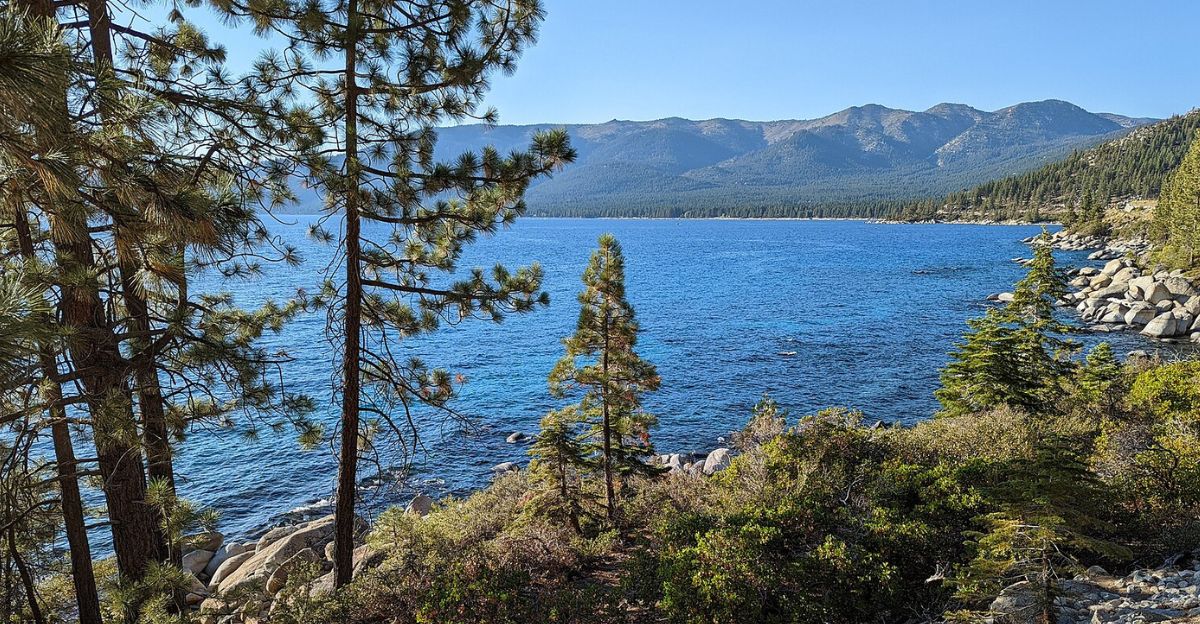
Golden mussels are filter feeders that sap all the nutrients from the water they inhabit, which has effects on other aquatic animals and promotes the overpopulation of algae.
The lower water quality impacts native fish and can lead to areas in waterways devoid of life. Once golden mussels muscle their way into new territory, they are hard to uproot. If they manage to get into critical places like Lake Tahoe, experts believe that the damage they would do could be a permanent alteration to the landscape.
Taking Action
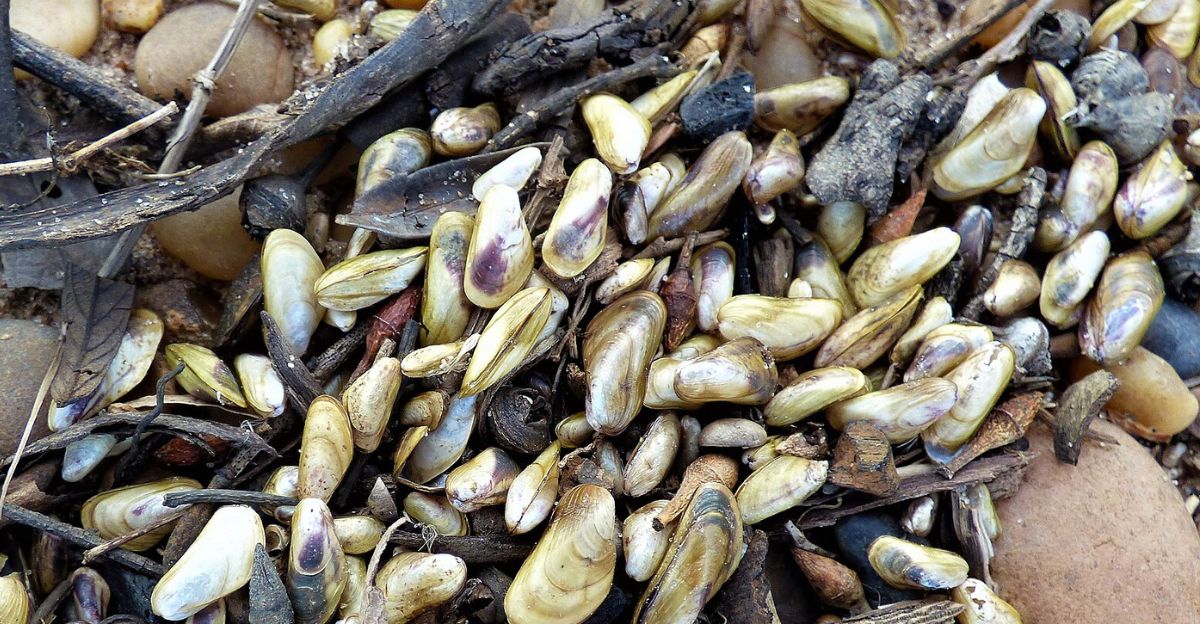
California is taking action against these invasive creatures by implementing stricter boat inspections and programs to decontaminate boats that may be carrying invaders. These programs are at their strictest, where waterways lead directly to important bodies of water like Lake Tahoe.
These methods are tried and true, stemming the ties of invasive species for decades. The most recently halted boat is just one of many that officials catch in the nick of time.
Other Responses
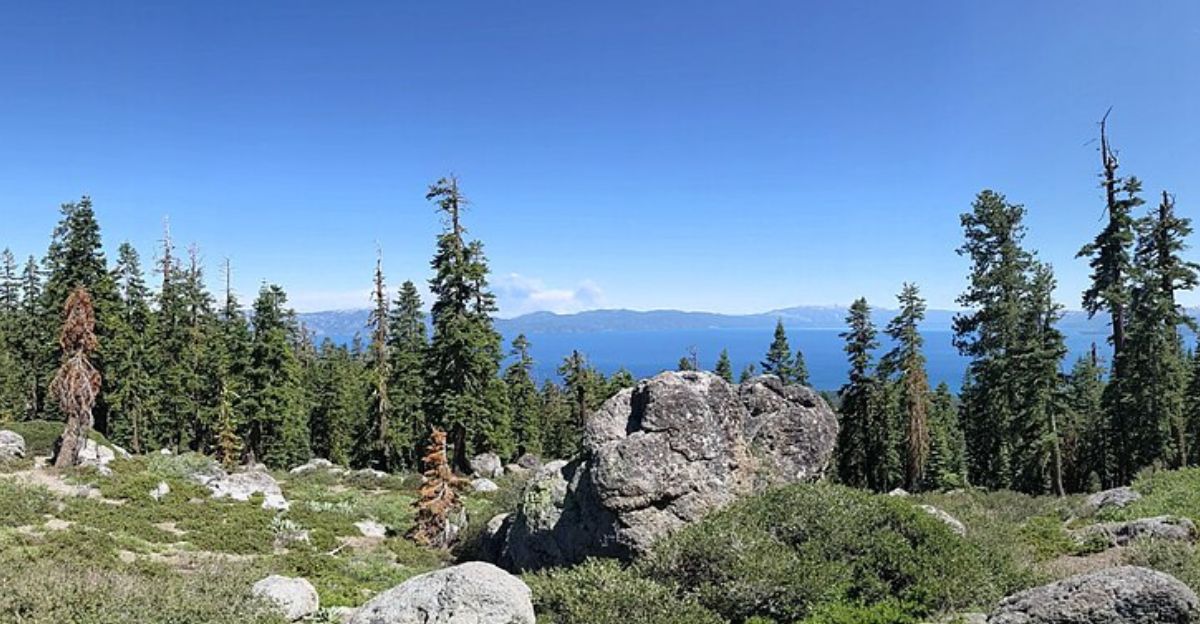
When golden mussels were first found on U.S. soil, action was immediately taken, with the California Fish and Game Commission listing them as a restricted species, meaning that it is now allowed for anyone to transport them into the country or have them in their possession.
This is all in the interest of making sure the species do not get a proper foothold into the country.
Congressional Action

As golden mussels became a more pressing issue, members of Congress have noticed, and have introduced new legislation for the regions at risk.
These new efforts will include thorough boat inspections and rapid response by officials, and future research into how to permanently deal with this invasive species. The legislation also means that federal and state agencies will have to closely cooperate in order to have a more coordinated defense.
Showing Competency
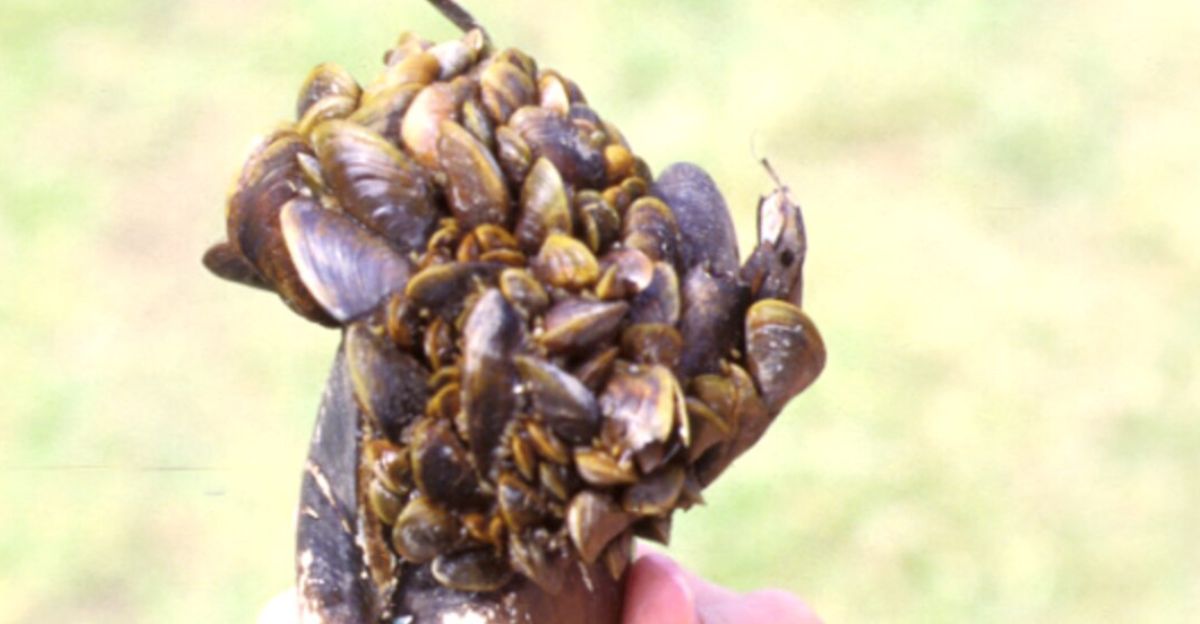
California has shown competency in stemming the tide of a particularly damaging invasive species using early detection, quick response, and cooperation.
The state will continue to stay vigilant for this species and quarantine any boats that arrive with any kind of invasive animal, including golden mussels. While this species is a particular challenge, the state seems to have it under control so far.
The Future
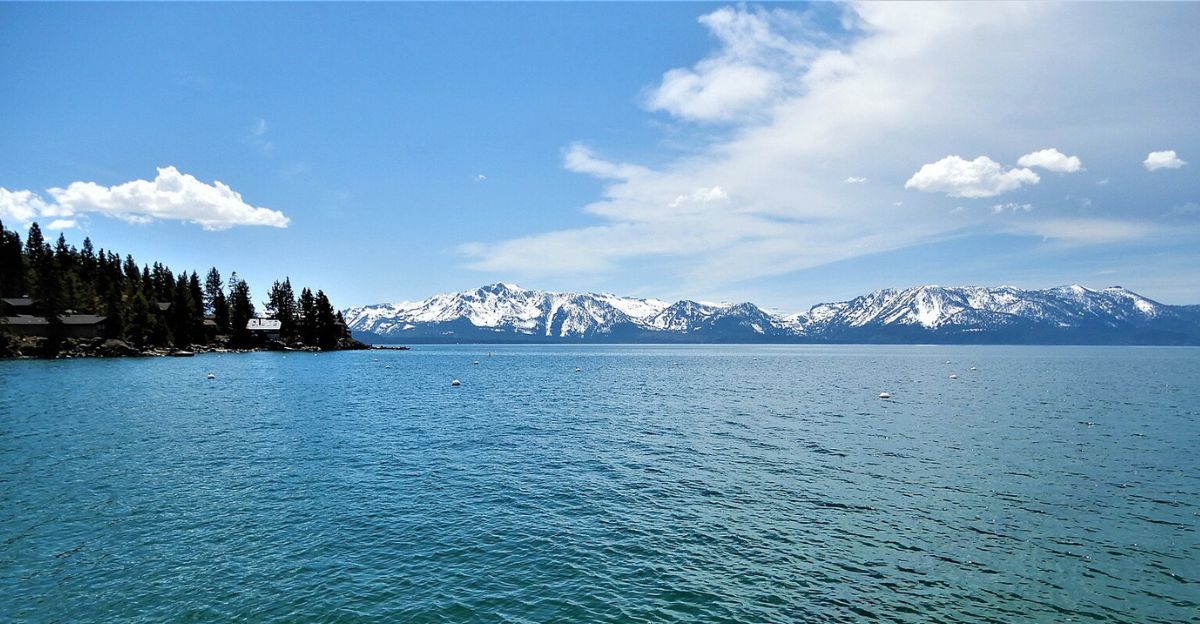
The boat that was halted in its tracks is an example for people to look at to understand that this threat is very, very. California needs proactive action in order to keep this species from getting into California waterways and having unprecedented impacts on both ecological and environmental systems.
Measures need to be kept up constantly, and no mistakes can be made, or else golden mussels will become the next invasive species to gain a foothold in the United States.
Explore more of our trending stories and hit Follow to keep them coming to your feed!
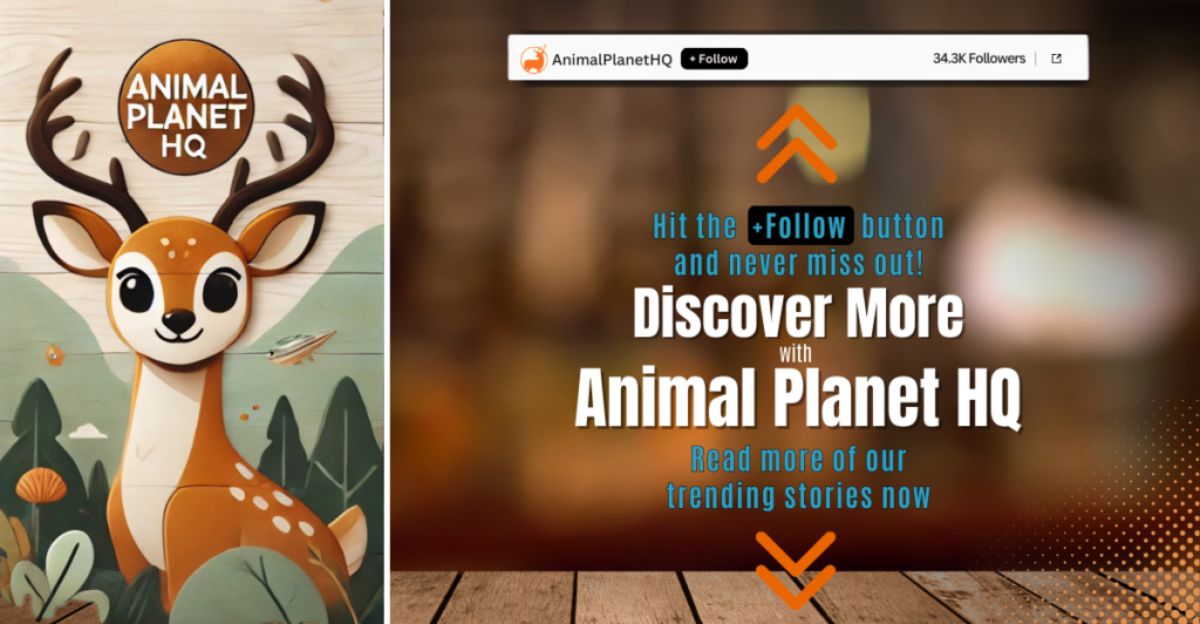
Don’t miss out on more stories like this! Hit the Follow button at the top of this article to stay updated with the latest news. Share your thoughts in the comments—we’d love to hear from you!







